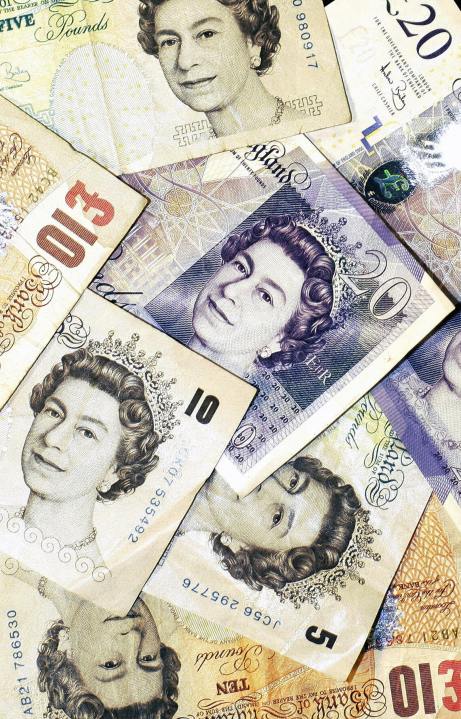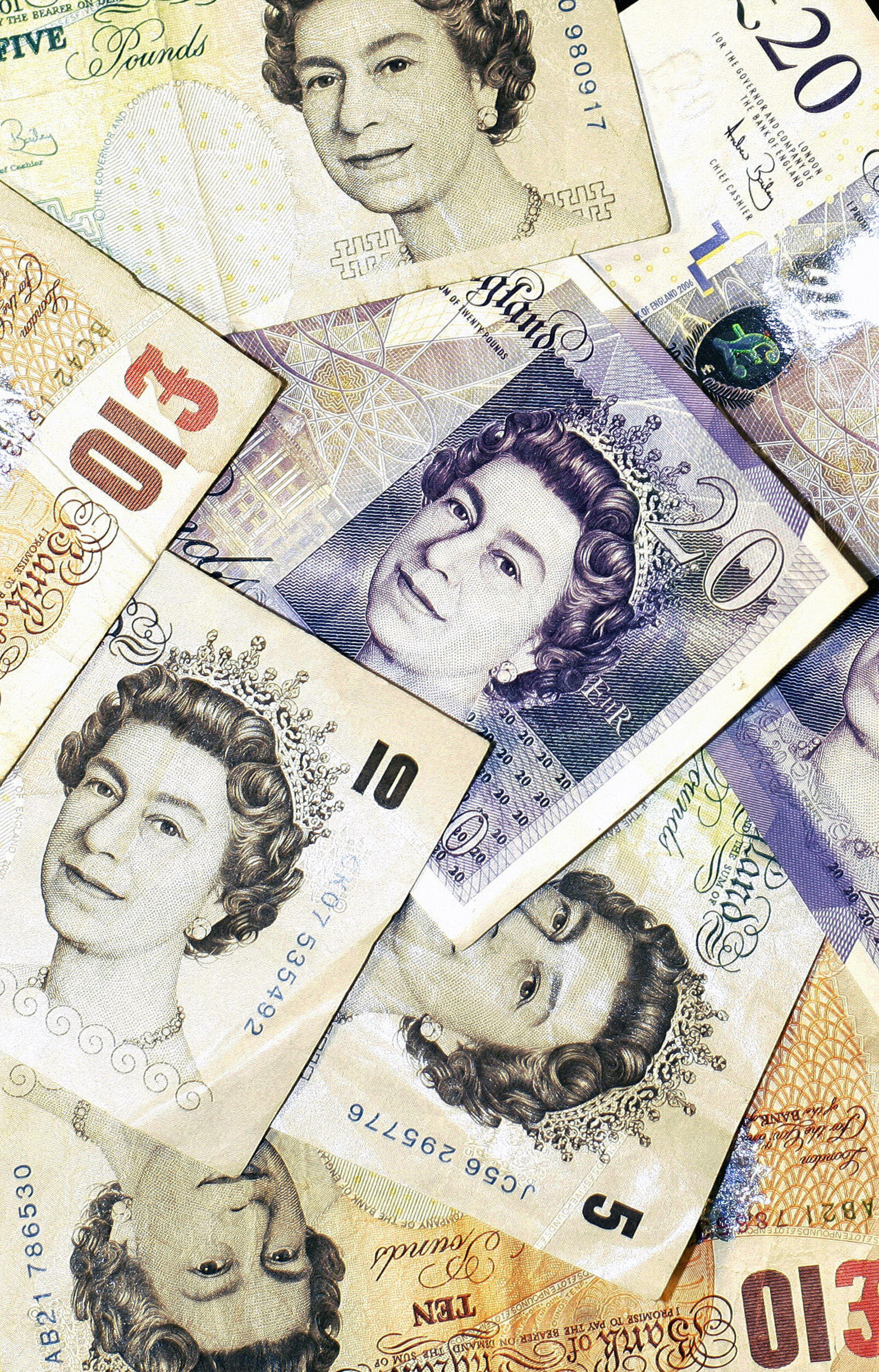 So what effect will the 50p tax have on the super-rich? It depends who these people are – and surprisingly little is known about them. One of the most useful sources is the Sunday Times Rich List. One came out last week, and the first issue was in 1989. Unfortunately, it’s not online, but it is stored at the national newspaper archive in Colindale. As it’s the last day of my two-week internship at The Spectator, I went along last night to compare the Rich Lists of 1989 with 2009.
So what effect will the 50p tax have on the super-rich? It depends who these people are – and surprisingly little is known about them. One of the most useful sources is the Sunday Times Rich List. One came out last week, and the first issue was in 1989. Unfortunately, it’s not online, but it is stored at the national newspaper archive in Colindale. As it’s the last day of my two-week internship at The Spectator, I went along last night to compare the Rich Lists of 1989 with 2009. This year’s Rich List shows 38 out of Britain’s 100 richest people being immigrants. A healthy percentage – and one that would come as no surprise to any Bond St jeweller or to the maitre d’ of any top London restaurant. But the list of 1989, right after the Lawson budget which cut the top rate from 60% to 40%? There were just 11 immigrants. The Sunday Times argued then:
And so it came to pass. Lawson’s tax rate then made London one of the cheapest places in the world to be rich (we know that most of the richest 1% live in the capital, and the South East). Immigrants now make up a third of London. And which section of the economy has the most immigrants? Anyone who thinks catering or agricultural work would be wrong: the answer is finance. Our benign tax regime made Britain a magnet to the wealthy over the last 20 years. As they come here, spend, opening companies, employing staff, their tax receipts have come cascading into the Government’s coffers. It stands to reason: the more the richest 1% pay (and it’s now about a quarter of all income tax) the less the other 99% pay.“The country has been enriched by ‘outsiders’ … but again there are not enough of them. Instead of trying to bar the Hong Kong Chinese from Britain, we should be welcoming them. Perhaps only a huge influx of foreign entrepreneurs can transform the composition of Britain’s rich. They could certainly do with some fresh blood.”
In light of last week’s announcement, the most pertinent entry of the Sunday Times Rich List 1989 is probably that of packaging mogul Hans Rausing (4th in 1989, 5th in 2009) which read:
Such a move may soon look like a relic from a bygone era. We shouldn’t only fear a hemorrhaging of Britain’s rich from our shores; we should also be aware that fewer foreigners will choose to come here. From April, only three other countries in the world will have higher top rates of tax than us (Denmark, Sweden and the Netherlands). Britain is surely going to look a little less appealing.“Few millionaires flee to Britain to escape higher taxes elsewhere but that is what the Rausing brothers did in 1982 when they left their native Sweden.”
And the risk is clear. Wealth can go away as quickly as it comes. Britain could well return to being a “second-class” economic power. Globalisation has done our economy lots of favours – and London has become a capital of the globalised world. But ease of movement cuts both ways: as a Conservative government may well be about to find out.







Comments